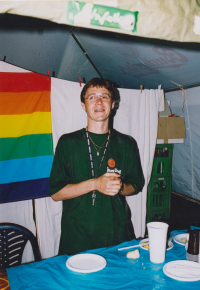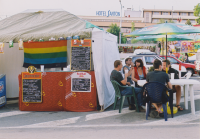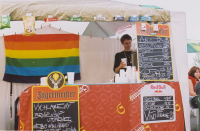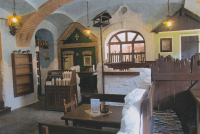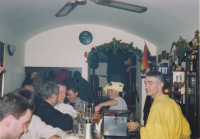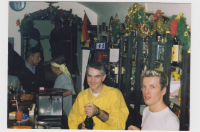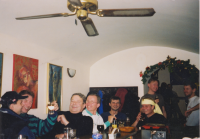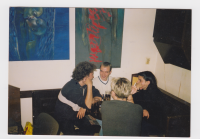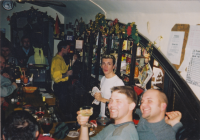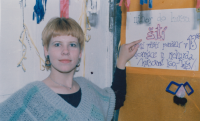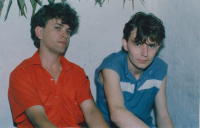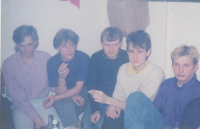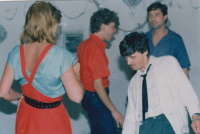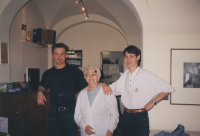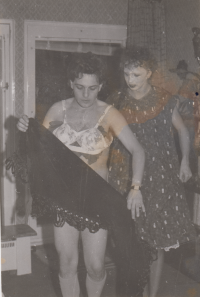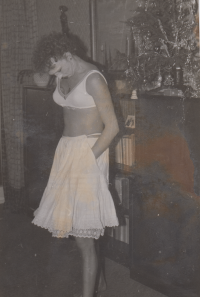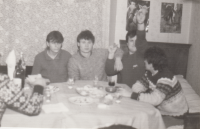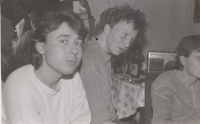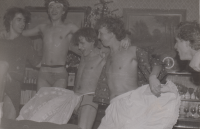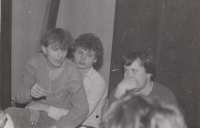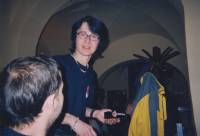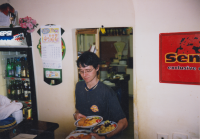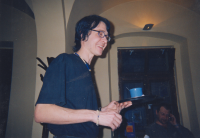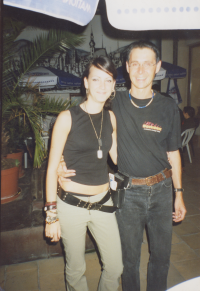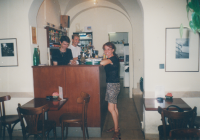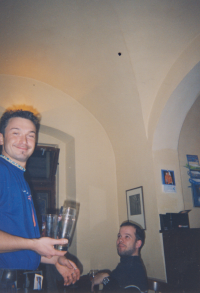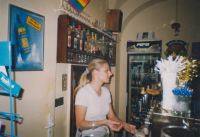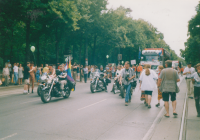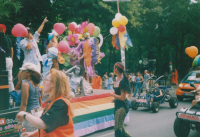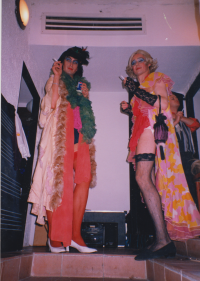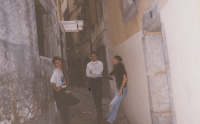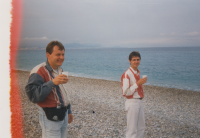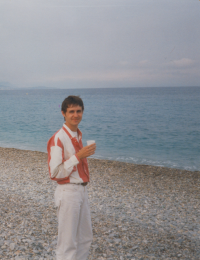I was never indifferent to the developments around me. Never!

Download image
Zdeněk Jelen was born in Brno on 27 August 1964. He obtained a baker/waiter vocational training. He never had the ambition to study at a grammar school because he believed he would never be admitted due to his family’s ‘poor cadre profile’. Zdeněk Jelen’s granduncle Miroslav Antonín Liškutín fought the Nazis on the western front as a member of the 312th Fighter Squadron of the RAF during World War II and chose to leave the country for the UK after the 1948 coup. Zdeněk Jelen served in the military in Žatec in the 1980s; the local political officer reminded him of his family history. Luckily, he did not know Zdeněk’s different sexual preference, or his military service could have been much more difficult. Being a gay in communist Czechoslovakia was a huge social stigma. When his military service was over, the witness returned to Brno. There were not many options to meet people or reveal one’s true identity without asking for trouble. Exceptions existed, including the Korso hotel and a private club that Richard Sehnal ran for his gay friends in his own cellar. The witness did not speak about his preferences openly until after the fall of the communist regime. After 1989, he successfully operated Áčko, a restaurant frequented by the LGBT community as well as Brno’s bohemians. At the time of the interview (2022), he was teaching cook/waiter apprentices in Mikulov.
